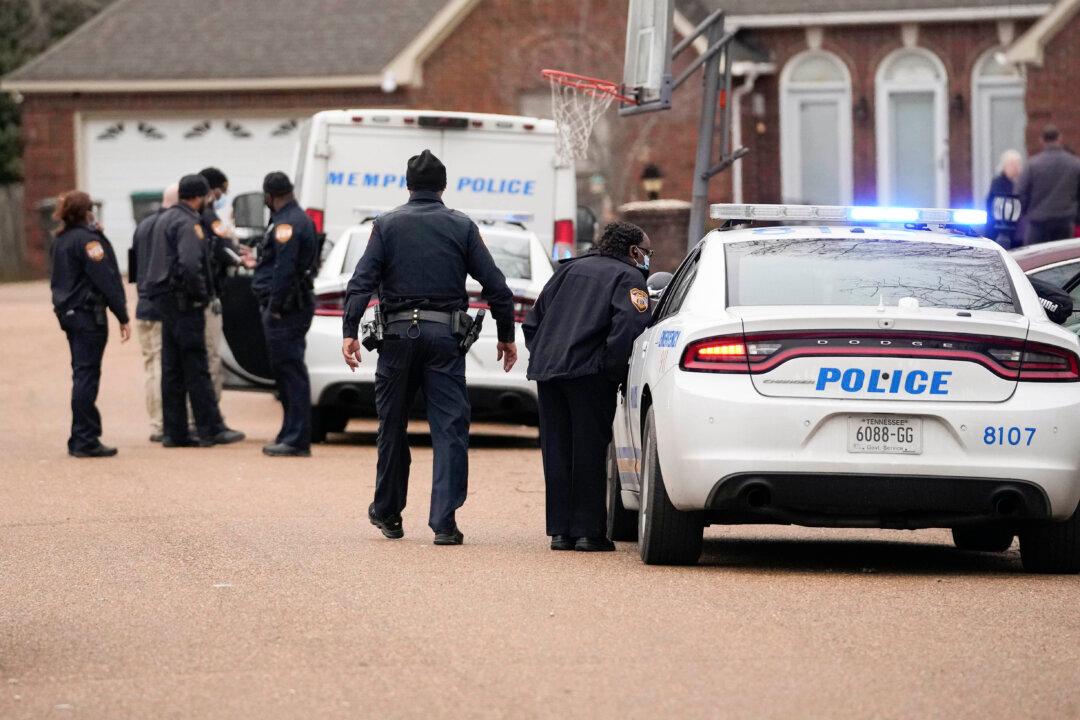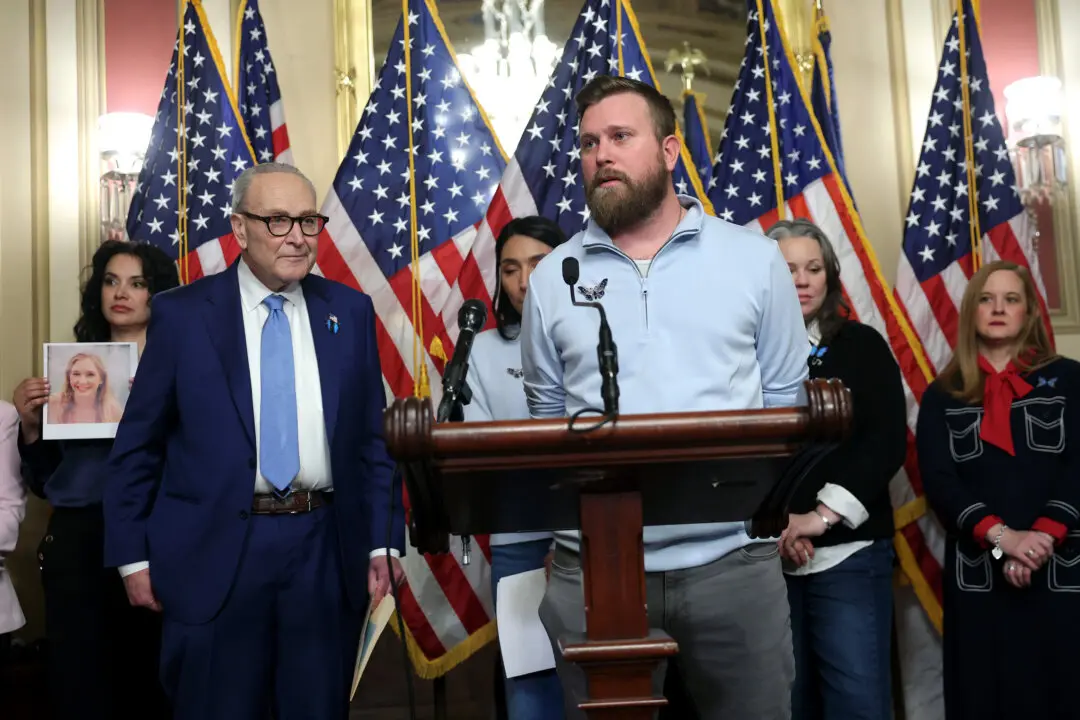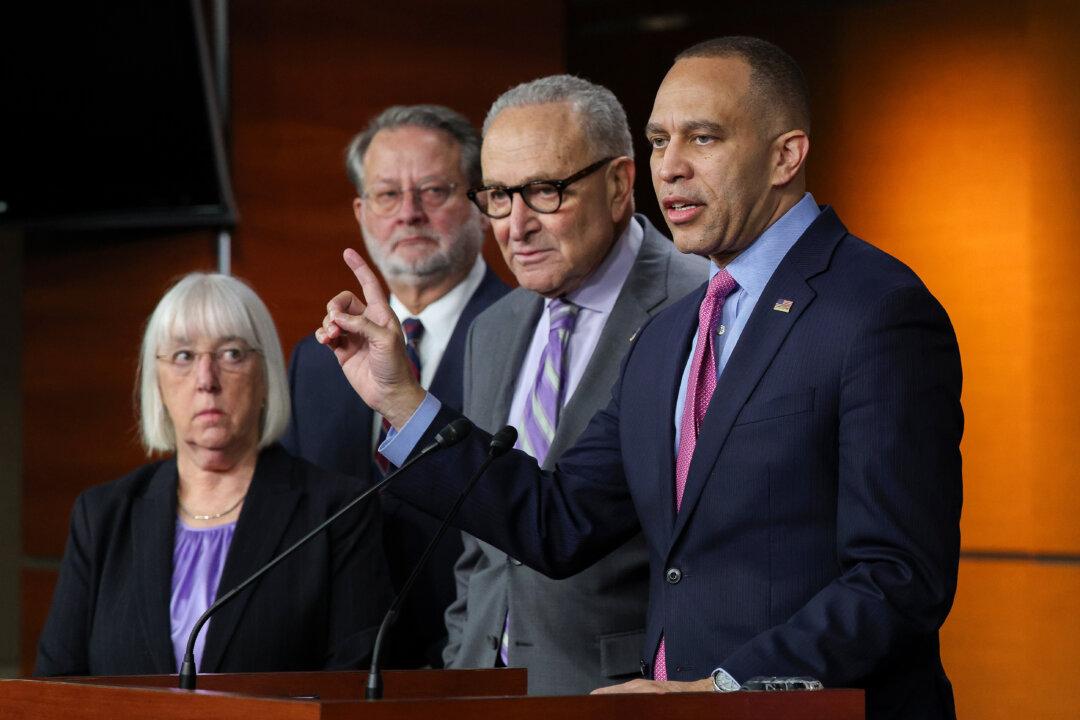The U.S. Department of Justice announced Wednesday its investigators found that the Memphis Police Department and the City of Memphis, Tennessee engaged in a pattern of unconstitutional policing, including excessive force, unlawful arrests, and discrimination against black residents.
DOJ investigators also alleged the City and its police force discriminated against people with mental health issues, and they raised concerns about how children are impacted by such policing.





